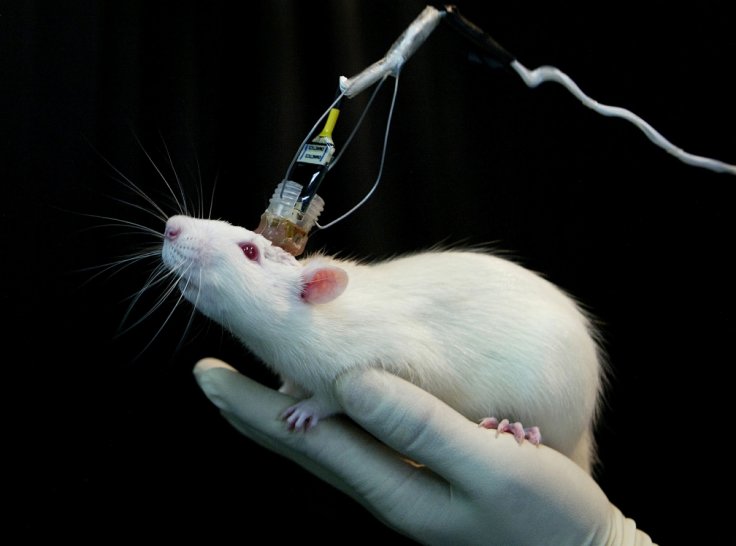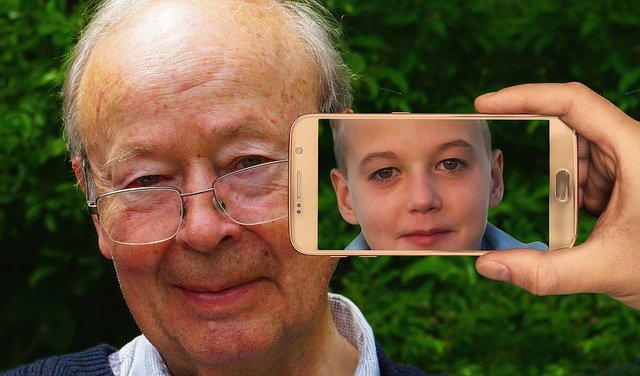The Oscar-winning movie called 'The Curious Case of Benjamin Button' showed a story of a man who starts ageing backwards with bizarre consequences and it was labelled as a fantasy-drama movie. But a few months ago, researchers achieved age-reversal on mice. Now the question is, whether age-reversing is possible for humans and when it is going to happen?
Early research on ageing reversal

Just a few months ago the world was stunned after scientist Juan Carlos Izpisúa Belmonte of the Gene Expression Laboratory at San Diego's Salk Institute for Biological Studies successfully achieved age-reversal on a mouse.
But just after four days, the mouse died but as per the scientists, it lived 30 percent longer than their littermates. Izpisúa Belmonte, "We don't kill the mouse. We don't generate tumours, but we have our rejuvenation. It completely rejuvenates. If you look inside, obviously, all the organs, all the cells are younger."
Scientist Izpisúa Belmonte based his experiment on a Nobel-winning discovery by the Japanese stem-cell scientist Shinya Yamanaka who demonstrated how adding just four proteins to human adult cells could reprogram them so that they act like younger ones in a newly formed embryo. These proteins, called the Yamanaka factors, wipe out the epigenetic marks in a cell.
Age reversing in humans

Recently, a CBS' 60 Minutes report revealed that geneticist George Church from Harvard Medical School said that those days when humans will no longer be affected by viruses or genetic diseases are coming.
While talking about the age-reversing process he mentioned that it is something which has been proven about eight different ways in animals. As per the scientist in mice tissue damage has been repaired, reaction times sped up and cognition improved. He added that the knowledge about gene function in a creature's DNA allows the scientists to edit the sequence and change the outcome.
In a recently published paper, Church and other scientists showed how the gene-editing helped a mice to improve its blood sugar level, heart and kidney functions. Now, they are looking forward to a positive result in a clinical trial where the scientists are using dogs but they believe that this breakthrough process could work on humans in less than 20 years, including the clinical trial.
As reported by CBC News Church said, "That veterinary product might be a couple of years away. And then that takes another 10 years to get through the human clinical trials."









